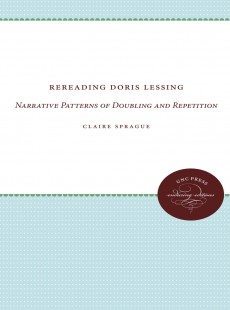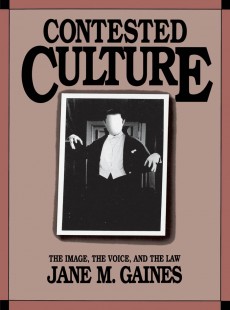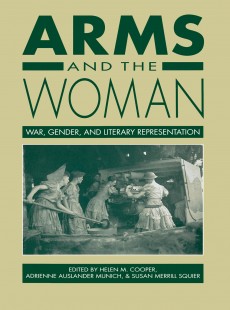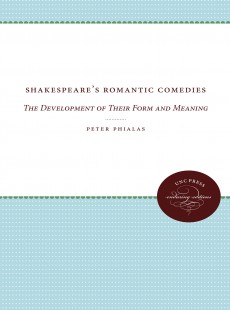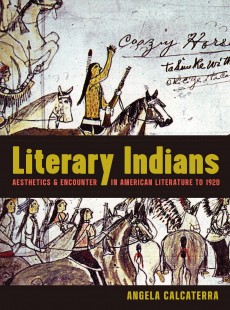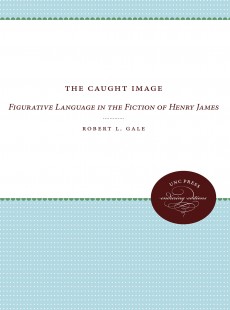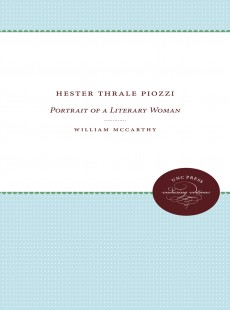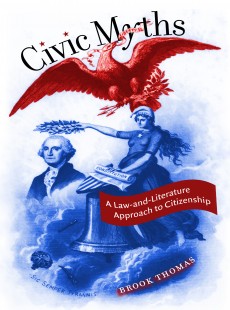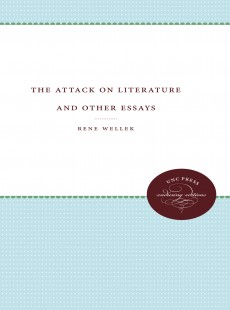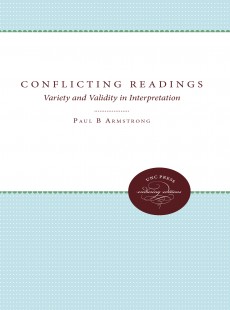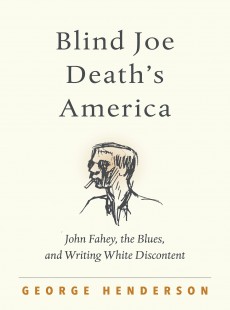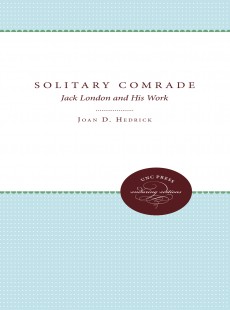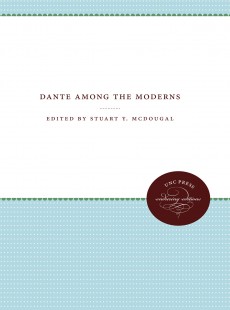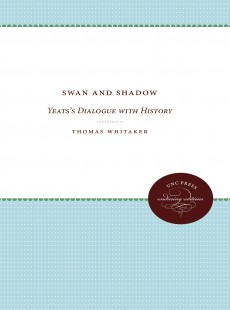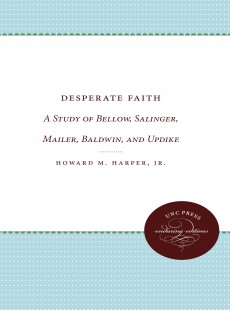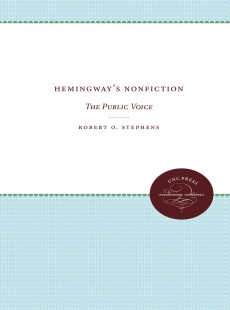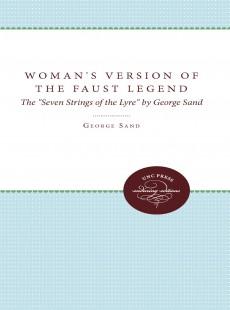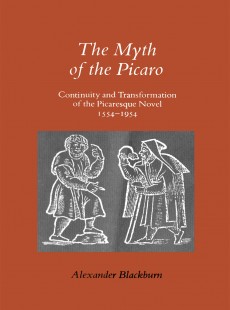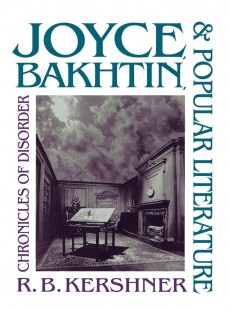
Joyce, Bakhtin, and Popular Literature
Chronicles of Disorder
R. B. Kershner
 Publisher: University of North Carolina Press
Publisher: University of North Carolina Press
Imprint: The University of North Carolina Press
Published: 02/2014
Pages: 352
Subject: Literary Criticism
| University of North Carolina
Print ISBN: 9.78E+12
eBook ISBN: 9781469616216
DESCRIPTION
In pointing out the prolific allusions in Joyce to newspapers, children's books, popular novels, and even pornography, Kershner shows how each of these contributes to the structures of consciousness of Joyce's various characters, all of whom write and rewrite themselves in terms of the texts they read in their youth. He also investigates the intertextual role of many popular books to which Joyce alludes in his writings and letters, or which he owned -- some well known, others now obscure.
Kershner presents Joyce as a writer with a high degrees of social consciousness, whose writings highlight the conflicting ideologies of the Irish bourgeoisie. In exploring the social dimension of Joyce's writing, he calls upon such important contemporary thinkers as Jameston, Althusser, Barthes, and Lacan in addition to Bakhtin. Joyce's literary response to his historical situation was not polemical, Kershner argues, but, in Bakhtin's terms, dialogical: his writings represent an unremitting dialogue with the discordant but powerful voices of his day, many inaudible to us now.
Joyce, Bakhtin, and Popular Literature places Joyce within the social and intellectual context of his time. Through stylistic, social, and ideological analysis, Kersner gives us a fuller grasp of the the complexity of Joyce's earlier writings.
RELATED TITLES
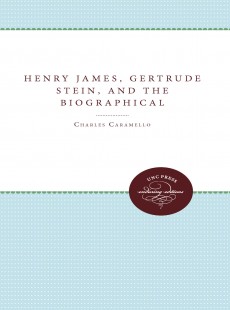
Henry James, Gertrude Stein, and the Biographical Act

Browse All University of North Carolina Press Books

Henry James, Gertrude Stein, and the Biographical Act

Browse All University of North Carolina Press Books
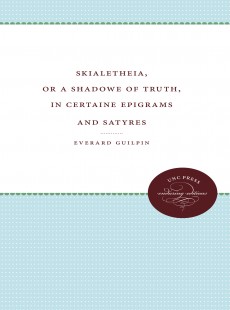
Skialetheia, or A Shadowe of Truth, in Certaine Epigrams and Satyres

Browse All University of North Carolina Press Books

Skialetheia, or A Shadowe of Truth, in Certaine Epigrams and Satyres

Browse All University of North Carolina Press Books



